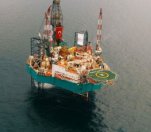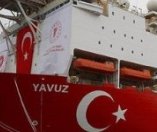Click to read the article in Turkish
December 8 has been determined as the effective date for the pact between Turkey and Libya's Government of National Accord (GNA) that sets out the countries' Eastern Mediterranean maritime borders. http://bianet.org/konu/eastern-mediterranean
The decision was published in Turkey's Official Gazette early today (December 12).
The pact was signed on Nov. 27 and passed by Turkey's parliament on December 5. It went into effect on December 7 in Turkey and on December 8 in Libya after the two countries published it in their respective official gazettes.
President Recep Tayyip Erdoğan said on Saturday (December 7) that the agreement was sent to the United Nations (UN).
The memorandum determining both countries' marine jurisdictions rejects unilateral and illegal activities by other regional countries and international firms and aims to protect the rights of both countries.
According to the US Geological Survey, the Mediterranean region is estimated to hold millions of barrels of oil and trillions of cubic meters of natural gas worth hundreds of billions of dollars.
What does Greece Say?
Greece announced on Tuesday (December 10) lodged objections to the United Nations (UN) over an agreement between Turkey and Libya on maritime borders in the Mediterranean Sea.
The agreement "was compiled in bad faith" and violates the UN Law of the Sea, according to the government spokesperson of Greece, Stelios Petsas.
The deal is "disruptive to regional peace and stability," Petsas said in a press conference in Athens, adding that Greece "wants the deal to be brought to the attention of the UN Security Council so it can be condemned."
What does the deal say?
The first article of the six-article memorandum determines the boundaries of the continental shelf and the exclusive economic zone between Turkey and Libya.
According to the memorandum, it shall be registered at the UN after coming into effect and disputes between the parties shall be settled through diplomatic channels.
The drill dispute
Turkey, while urging regional countries to "take an equality-based approach", continues its drilling and discovery operations in the region under the protection of the country's navy. It currently has two drillships near the Cyprus island.
The crisis in the Eastern Mediterranean was initially sparked by the announcement that Southern Cyprus was going to advance with the search for oil and gas south of the island. Drilling works were allocated to a company from the USA with Israeli partnership. Southern Cyprus signed a continental shelf agreement with Israel in December 2010.
In response, Turkey and Northern Cyprus signed a Continental Shelf Delimitation Agreement in New York on September 11, 2011.
The crisis also affects relations between the European Union (EU) and Turkey since Southern Cyprus is a member state of the EU. Moreover, the developments in the region fuel concern regarding potential damage of negotiations between Northern and Southern Cyprus. (PT/VK)




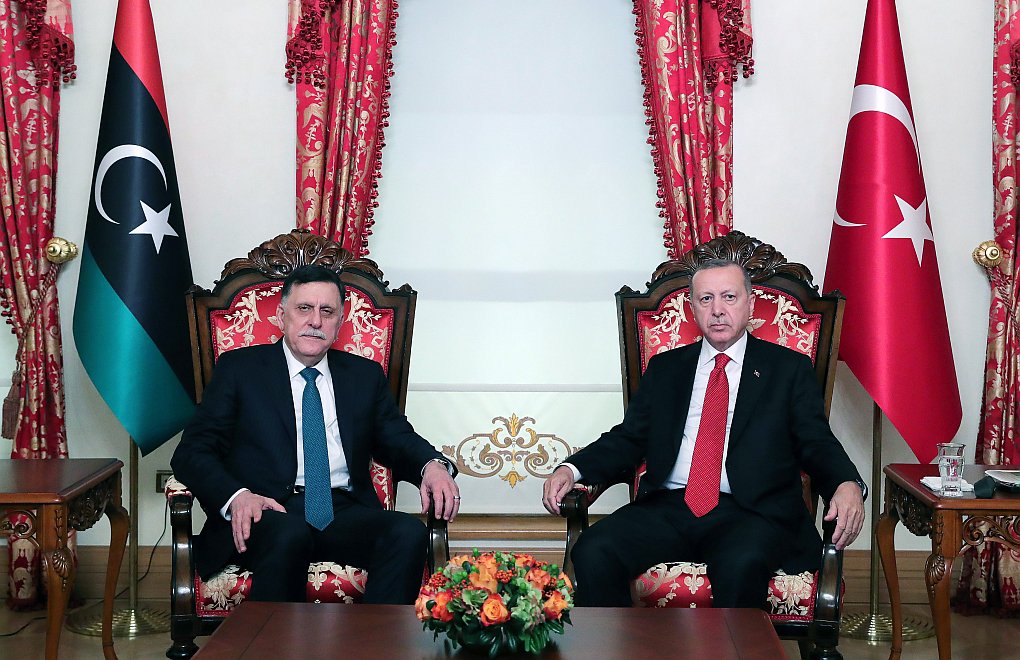
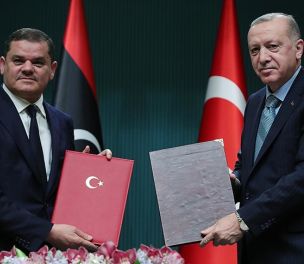
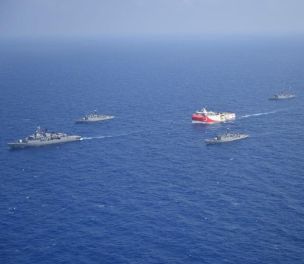
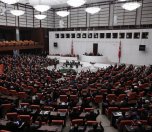

-132.jpg)

